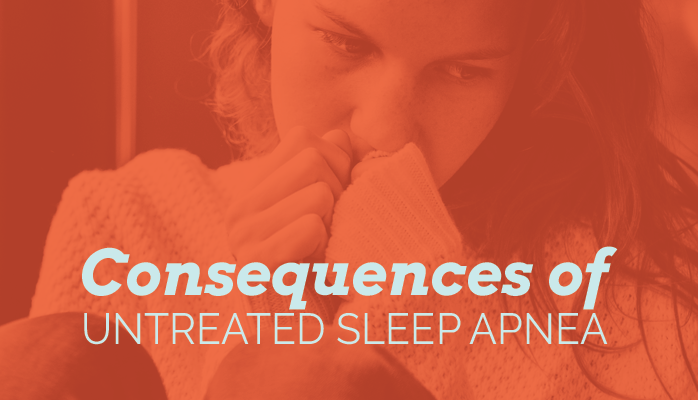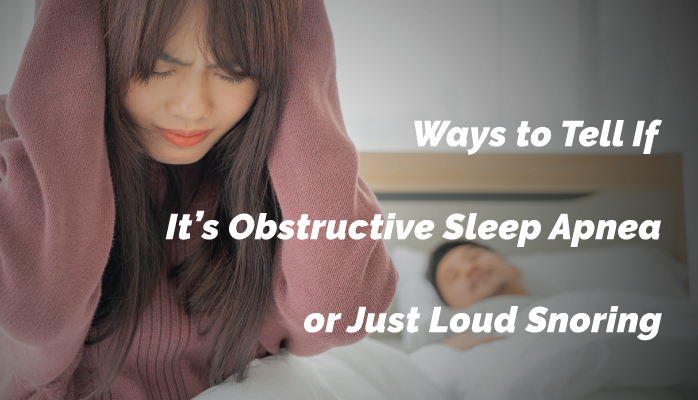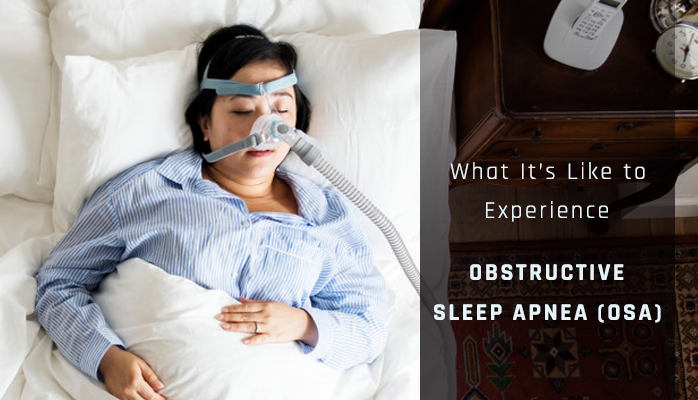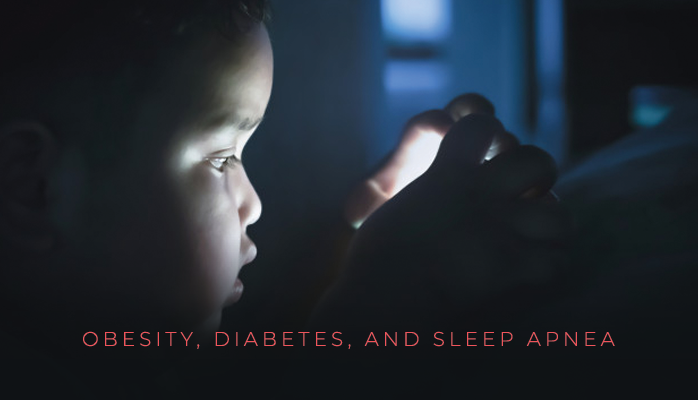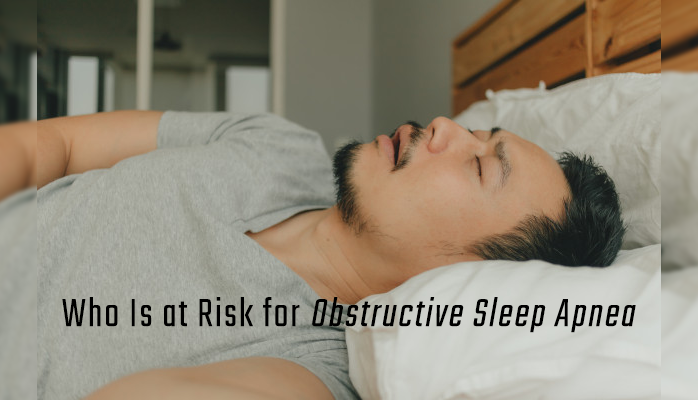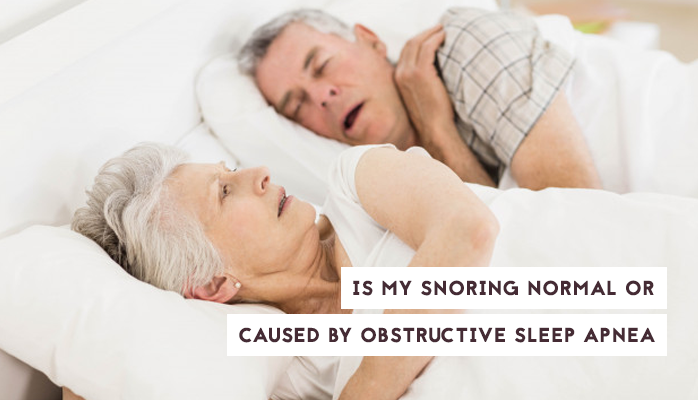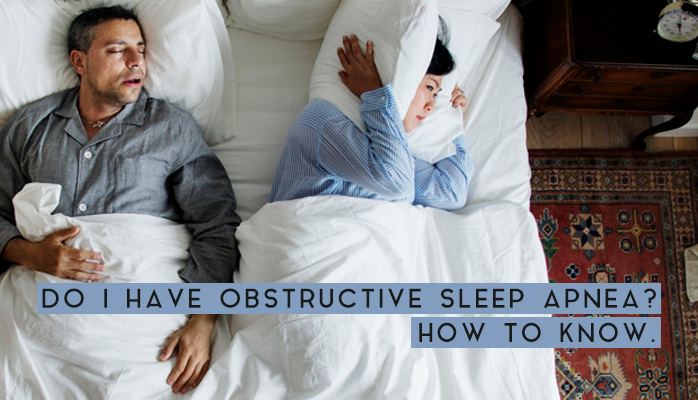Sleep apnea is a group of sleeping breathing-related sleep disorders that cause low levels of oxygen to circulate through the body at night. There are three types of sleep apnea:
- Obstructive or obstructive sleep apnea
- Non-obstructive or central sleep apnea
- Mixed: called complex sleep apnea.
Obstructive sleep apnea is caused by obstruction from the upper airway becoming blocked during sleep. This blockage greatly reduces or completely stops airflow, and is usually accompanied by loud snoring.
Central sleep apnea is caused when the brain does not send signals needed to breathe during sleep. This type of sleep apnea is not accompanied by snoring, does not involve obstruction, and is far less common than OSA.
Complex sleep apnea is accompanied by characteristics of both central and obstructive sleep apnea.
In all cases, the common consequence is the inability to get restful sleep.

